Studies show that more than 70% of adults have experienced at least one major trauma in their lifetime. And many trauma experts would argue that 100% of us became trauma survivors in March of 2020.
As a dating therapist with over a decade of experience, I can confidently say that unresolved trauma is one of the most common (and least acknowledged) causes of seemingly unresolvable dating issues.
Last week I published a free quiz to help you clarify whether your dating problems are rooted in trauma: Is Unresolved Trauma Stopping You From Finding Love?
This week, I’m sharing a list of behaviors, thoughts, and feelings that trauma survivors experience when dating.
In addition to taking the free quiz, review the following list to learn whether your dating patterns indicate that past negative experiences are negatively impacting your love life.
top signs that unresolved Trauma is impacting your love life
If you find yourself identifying with four or more of the following symptoms, there’s a chance trauma is at play in your love life. If so, I recommend seeking out a trauma-oriented dating therapist for specialized support.
Note that as you read the following list, you may find that you don’t identify with any items of a particular symptom cluster. If so, keep reading — other categories may perfectly describe your tendencies.
Anxiety
Anxiety on dates or when talking with someone attractive. Symptoms may include blushing, trembling, sweating, difficulty speaking, talking too much, mind blanking, or racing thoughts.
Awkward or stiff dates; difficulties being authentic and relaxed
Feeling too uncomfortable to flirt
Hypervigilance, e.g. monitoring how long a date takes to respond to a text
Difficulties with Vulnerability
Difficulties opening up and letting your “walls” come down
Feeling turned off or mildly disgusted by those who express interest and care openly and/or turned on by those who are dismissive or aloof
Feeling uncomfortable around partners who are emotionally expressive
Ending relationships once they reach an intolerable level of closeness
Sexual Issues
Rushing into physical intimacy
Recoiling from physical intimacy even when it’s wanted
Sexual dysfunction
Prioritizing sexual chemistry and ignoring other compatibility factors
Chronic Singleness
Years of being single in spite of yearning for a relationship
First dates that rarely turn into second dates, let alone relationships
Few if any relational or sexual experiences
Finding it impossible to meet people you’re interested in dating
Avoidance
Avoiding dating entirely
Not messaging or approaching people you find attractive
A tendency toward thinking “I’ll be ready for a relationship when…,” i.e. prioritizing other areas of life such as work
Ghosting
Compulsions
Obsessively engaging with and then impulsively deleting online dating apps
Compulsively using substances, porn, food, exercise, shopping, sex, or gambling to cope with your feelings about dating or being single
Repeatedly dating people who are clearly not a good fit, e.g. “bad boys/girls,” unable to stop even when you want to
Codependency and people-pleasing tendencies, e.g. struggling to ask for what you want in relationships
Hopelessness
Feeling deeply exhausted and depressed by repeatedly having your hopes dashed by dating
Low self-esteem manifesting as the belief that “no one would ever want me”
Chronic feelings of hopelessness about finding a healthy relationship
Automatically thinking “why even bother?” when considering whether to date
Hypercritical Tendencies
Unrealistic expectations about who you will consider as a mate.
Rigid expectations about your partner’s physical appearance, e.g. their level of “fitness”
Noticing and/or commenting on your partner’s flaws more often than their strengths
Constant self-criticism
Doubt & Dissatisfaction
Feeling chronically unsure whether you should commit to the partner you’re dating
Struggling to know what’s “normal” and “healthy” in relationships
Feeling chronically disappointed by women, men, or dating in general
Fixating on and/or repeatedly re-engaging with an ex
Attachment Issues
Insecure attachment, i.e. anxious, avoidant, or disorganized styles
Finding mutual attraction elusive, e.g. “the people I’m into aren’t into me and vice versa.”
Roller coaster relationships, i.e. relationships that are full of “drama”
Fear of commitment, abandonment, or both
Boundary Issues
Rushing into relationships
A pattern of ending relationships abruptly, often blindsiding your partners
A tendency to date people who:
struggle with substance abuse or other addictions
are emotionally or logistically unavailable
are subtly or overtly abusive
Impulsivity in relationships, i.e. doing things that feel gratifying in the moment but that you later regret
Dependency Issues
Staying in relationships long past their expiration date
Never being single/serial monogamy
Accepting unacceptable behavior in partners because being alone is terrifying
Feeling highly anxious when spending time alone
Fragmented Self
Becoming a “different person” in romantic relationships
Feeling “out of control” when dating
Being successful in every area of life except romance
Confidence and competence at work, in hobbies, etc. but regressing to immature behavior in relationships
Remember, if you find yourself identifying with four or more of the following symptoms, there’s a chance trauma is at play in your love life. If so, I recommend seeking out a trauma-oriented dating therapist for specialized support.
Did any of the list items surprise you? Share your thoughts below!





